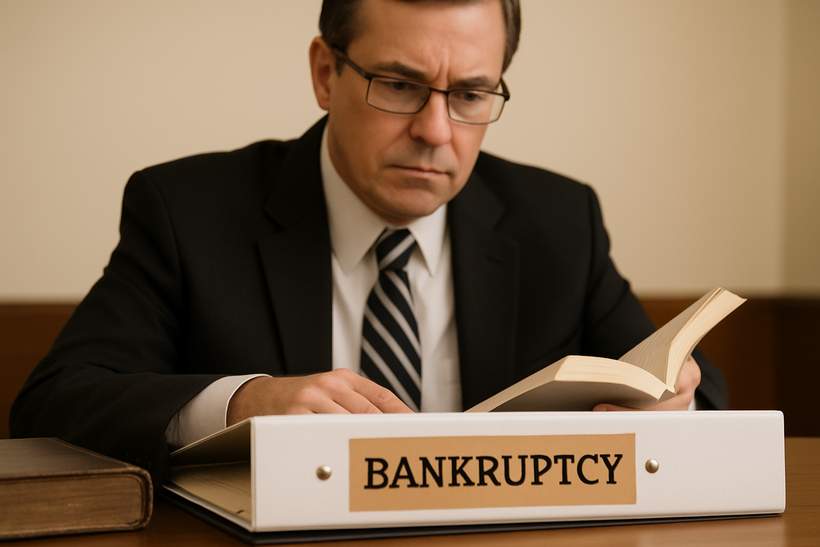Maverick Gaming’s Bankruptcy and HG Vora Capital Management’s Influence

Maverick Gaming’s Bankruptcy Raises Questions About HG Vora’s Role
The recent bankruptcy of Maverick Gaming has brought renewed attention to the possible influence of HG Vora Capital Management on the company’s rapid growth and subsequent financial troubles. Although the details remain unverified, reports suggest that HG Vora’s involvement may have played a part in the company’s collapse. This situation highlights concerns over how investment firms can shape the strategic choices of gaming operators.
An Ambitious Growth Strategy Results in Overextension
Insiders who spoke confidentially to industry sources suggest that HG Vora’s early financial support steered Maverick Gaming toward aggressive and high-risk expansion tactics. As a significant investor in the gaming sector, HG Vora reportedly provided essential upfront capital to Maverick. However, it is believed that HG Vora proposed a sale-leaseback scheme to recoup its investment, which added financial strain to an already vulnerable balance sheet.
The investment stake held by HG Vora began to decline around 2021, yet the firm maintained some involvement, participating in refinancing efforts with Deutsche Bank. Under the leadership of founder Eric Persson, Maverick Gaming embarked on an aggressive acquisition spree, purchasing card rooms and regional casinos primarily in Nevada, Washington, and Colorado. This rapid expansion, combined with rising operational expenses, created financial instability that was unable to withstand economic shocks and fierce competition, notably from tribal gaming entities.
Uncertain Outlook for Maverick Gaming
Despite clear signs of financial distress, Maverick continued its acquisition activities even after HG Vora reduced its presence. In 2022, Maverick paid $80.5 million in cash to acquire Evergreen Gaming Corporation, a move that alarmed many financial experts monitoring the company’s health. By mid-2024, credit rating agency S&P Global Ratings had labeled Maverick’s debt as precarious.
In July 2025, Maverick Gaming filed for Chapter 11 bankruptcy protection in Texas, revealing assets and liabilities estimated between $100 million and $500 million. The future status of Maverick’s extensive gaming equipment, including hundreds of tables and thousands of slot machines, is still undetermined. Moreover, the full extent of HG Vora’s involvement in Maverick’s strategic financial decisions during the critical period before bankruptcy remains unclear.
As Maverick Gaming navigates its financial difficulties, stakeholders and regulators are expected to scrutinize how investment firms influence decision-making in this highly regulated and competitive industry. HG Vora’s role in Maverick’s situation may further damage the investment firm’s reputation, especially as it faces ongoing legal disputes with PENN Entertainment.